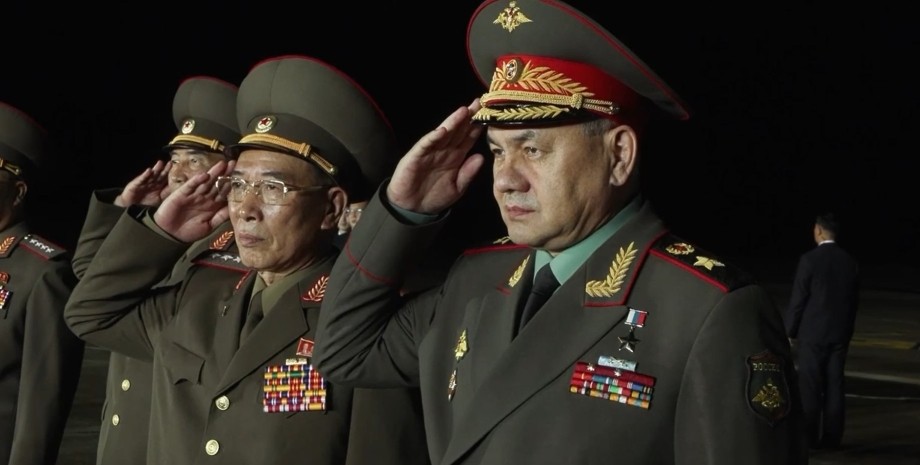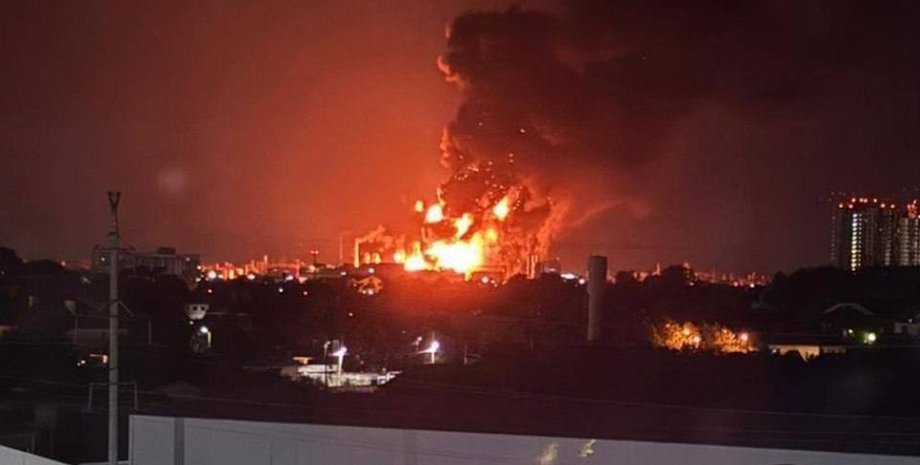
 By Eliza Popova
By Eliza Popova
At this time, Pyongyang was visited by the head of the Ministry of Defense of the Russian Federation Sergey Shoiga and a member of the Politburo of the Communist Party of China Lee Hunchun with delegations, and therefore Western analysts say that such rapprochement of states may testify to some geopolitical union of three countries. This is stated in the material of the Polish edition "Defense 24.
" The authors of the publication emphasized three factors that determined the nature of the Victory Day celebrations in North Korea. The first thing experts drew attention to-the current North Korean-Russian relations, which were particularly clearly manifested during Russia's aggression against Ukraine. The second is the broader positioning of relations between the Russian Federation, the PRC and the DPRK.
And the third factor is the very existence of the DPRK in the international puzzle in the context of military, industrial, intelligence and cybernetic activity of the country.
Analysts say that the visit of Shoigu indicates that the Russian side is very trying to increase the significance of its presence, and Pyongyang, in turn, can provide the Russian army with the necessary weapons and ammunition against the background of a long "projectile famine" in the Armed Forces of the Russian Federation. "The Russians are increasingly using old reserves of technology, which makes them look for reserves for such Soviet models.
The DPRK has a weapon industry, which has been increasing for many years to meet the needs of the almost giant by the economic standards of the country of the Land Army," the material reads. Analysts also believe that we should not forget-it is important for Russians to have technologies based on the corresponding ratio of "cost-effectiveness", and here, for example, the question arises about the North Korean missile systems.
These systems are essentially one of the basics of the Kim Jong -in regime, which is largely due to the need to compensate for the deficiency of other weapons and military equipment compared to the same South Korea. In addition, the ratio of "quantity - time" is important for Russians, which is another of the possible motivating factors of their visit to the DPRK, headed by the Minister of Defense.
"Thus, the appearance of Shoig and his court in Pyongyana clearly signals the Russian needs in the field of triad - ammunition, rockets and other military equipment," analytics summed up. Experts believe that there is a likelihood of using other North Korean resources to Russians, which in connection with the visit of Shoigu speak less.
Indeed, Pyongyan's authorities have access to the great capabilities of the cybernetic sphere - from typical hacker actions to forms of monetization of criminal activity. Moreover, the long -term isolation of the DPRK has enabled it to develop a number of tools to bypass international sanctions, theft of Western technologies and smuggling not only luxury but also modern technologies. It is also important to note that the North Korean elite has a great knowledge of money laundering.
For Russians, it can also be valuable for the use of North Korean assets in Africa, for example, to supply pro-Russian power or insurgents, which will lead to the development of military-political presence on the continent. In this way, the Kremlin wants to frighten the states that provide direct and indirect assistance to Ukraine. It is probably about the emergence of some axis of undemocratic states that seek to challenge the West.
The presence of representatives of the PRC and Russia, and possibly such a significant increase in their status and scale of exchange of ideas, in this context is a signal for the event in general. If you consider the DPRK itself, you can simultaneously see two key goals that the mode in Pyongyang wants to achieve.
First, it is a purely political support for Kim Jong-in on the part of two members of the UN Security Council and nuclear powers, which is why North Korea isolation and marginalization does not look so painful. The second is the issue of military potential. It has long been known that the DPRK has been trying to support the myth of a vast military state. However, outside the North Korean propaganda, it is clear and clear in a number of elements of military equipment.











All rights reserved IN-Ukraine.info - 2022